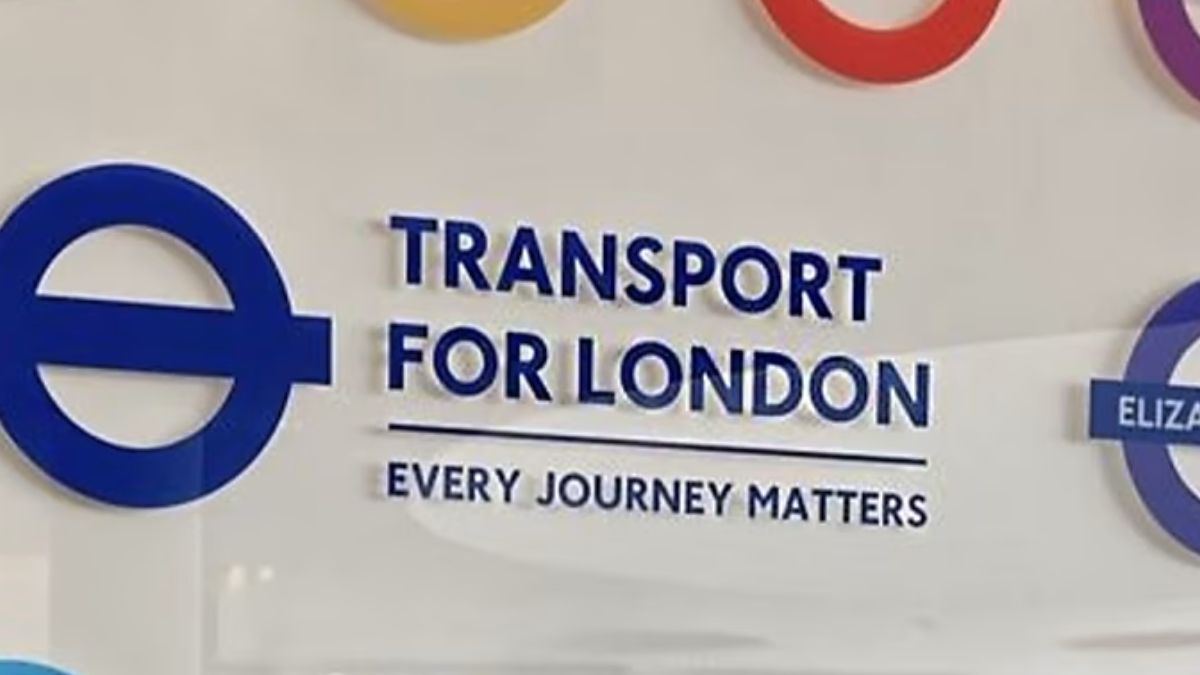The cyber-attack on Transport for London (TFL) earlier this month has led to significant disruptions, including the requirement for all staff to attend in-person meetings for identity verification and password resets. The breach, which was confirmed by TFL, involved unauthorized access to customer data, prompting the organization to take extensive measures to address the situation.
In the wake of the attack, TFL revealed that customer data, including bank numbers and sort codes for approximately 5,000 individuals, may have been exposed. Consequently, the issuance of new Oyster photo and zip cards has been temporarily halted. While public transport services remained mostly operational, the attack has led to delays in internal systems and disrupted the refund process.
The organization has taken proactive steps to mitigate the damage, including notifying affected customers and enhancing security measures to prevent further unauthorized access. TFL has assured the public that its network remains secure and is diligently working to reassure customers about the safety of their data.
The incident underscores the growing trend of cyber-attacks targeting critical infrastructure, such as public transport and healthcare services. These sectors often struggle with limited budgets for advanced cybersecurity measures, making them more vulnerable to such breaches.
As investigations continue and the affected systems are restored, TFL is focusing on restoring normal operations and reinforcing its cybersecurity protocols to safeguard against future threats.


